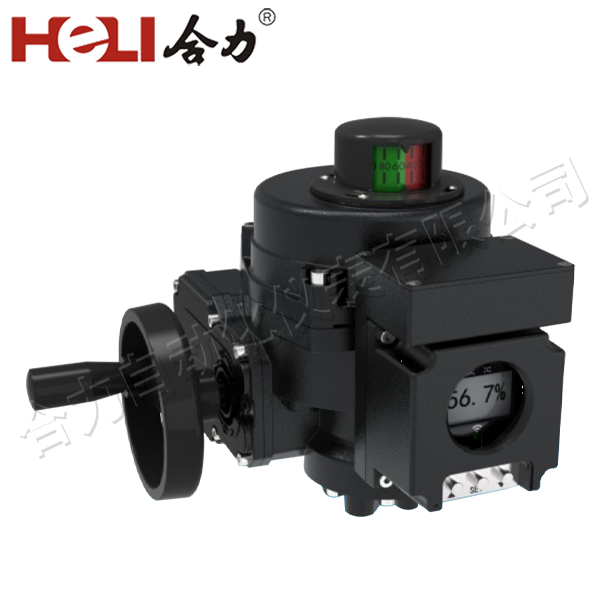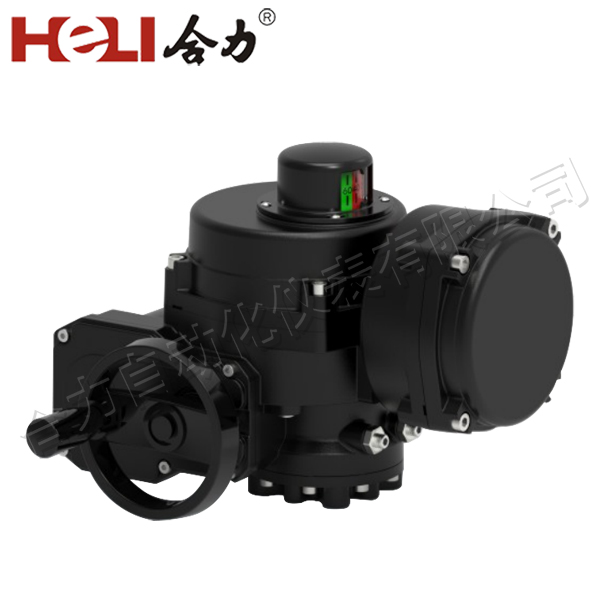
As the world increasingly shifts toward sustainable energy sources, hydrogen energy has emerged as a key player in reducing carbon emissions and enhancing energy efficiency. Among the many innovations in this field, hydrogen energy electric actuators are gaining attention for their potential to revolutionize various industries. This article explores the principles, benefits, and future applications of hydrogen energy electric actuators, highlighting their importance in the transition to clean energy technologies.

Understanding Hydrogen Energy Electric Actuators
Hydrogen energy electric actuators are devices that convert hydrogen energy into mechanical motion. These actuators typically operate using fuel cells, which generate electricity through the electrochemical reaction between hydrogen and oxygen. In this process, hydrogen molecules are split into protons and electrons. The electrons flow through an external circuit, generating electric power, while the protons pass through a membrane to combine with oxygen, producing water as a byproduct. This method of energy conversion is highly efficient and produces zero harmful emissions, making it an attractive alternative to traditional electric actuators powered by fossil fuels.
